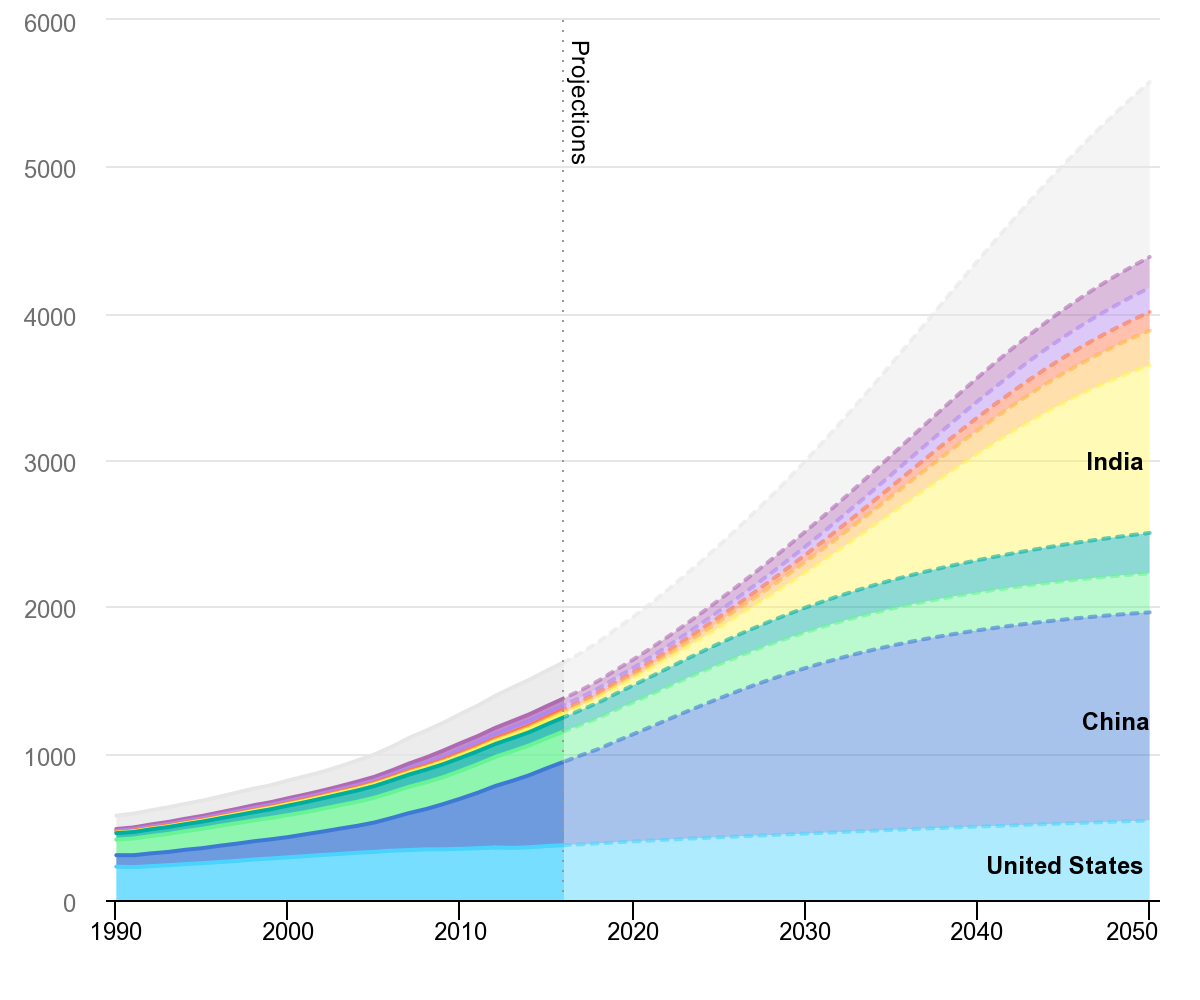Cooling down is hotting up
As the world heats up, humans are going to need to cool down. The use of air conditioning already accounts for nearly 20% of electricity used in buildings worldwide, so this report highlights the urgent need for higher efficiency standards in cooling technologies to mitigate the strain on energy systems and reduce emissions.
Apparently, effective policies could halve future energy demand and cut costs by $3 trillion by 2050. More importantly than the financial impact, I guess, more efficient air conditioning means that less hot air is dumped into urban environment, which tends to create heat islands (and affects weather patterns).
Cooling down is catching on. As incomes rise and populations grow, especially in the world’s hotter regions, the use of air conditioners is becoming increasingly common. In fact, the use of air conditioners and electric fans already accounts for about a fifth of the total electricity in buildings around the world – or 10% of all global electricity consumption.Source: The Future of Cooling | IEAOver the next three decades, the use of ACs is set to soar, becoming one of the top drivers of global electricity demand. A new analysis by the International Energy Agency shows how new standards can help the world avoid facing such a “cold crunch” by helping improve efficiency while also staying cool.
